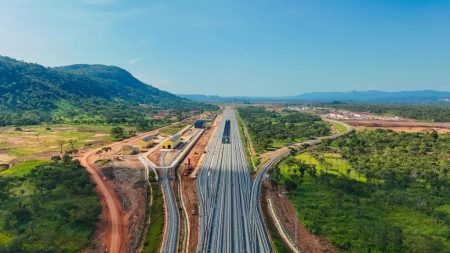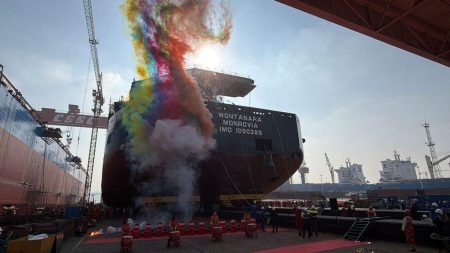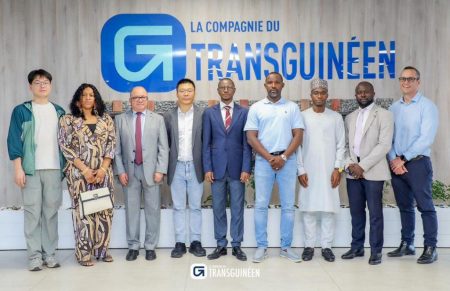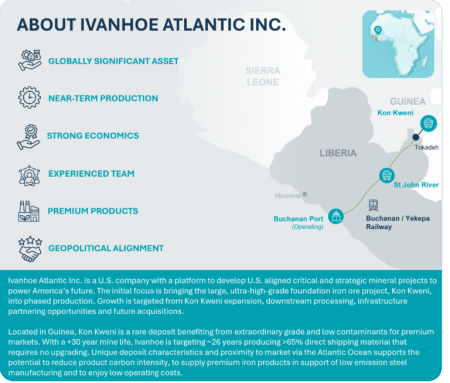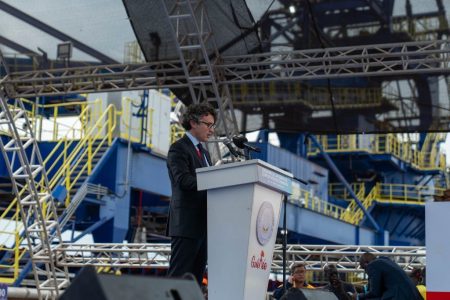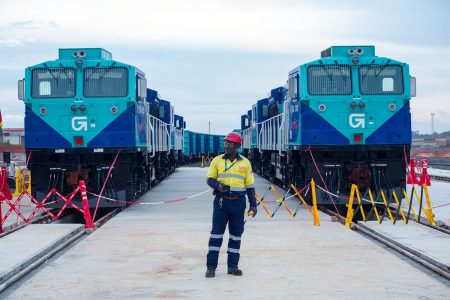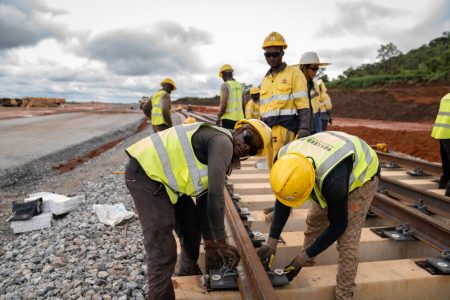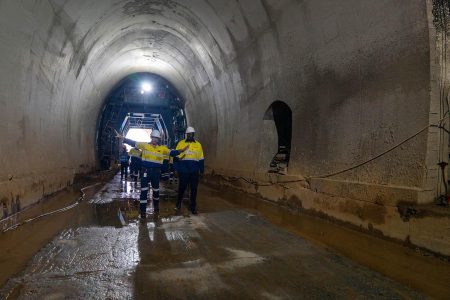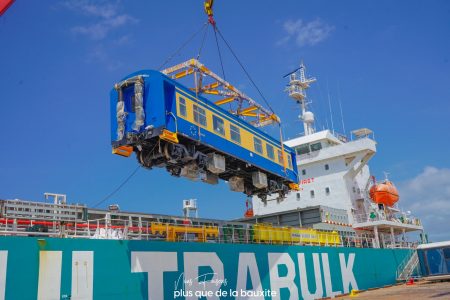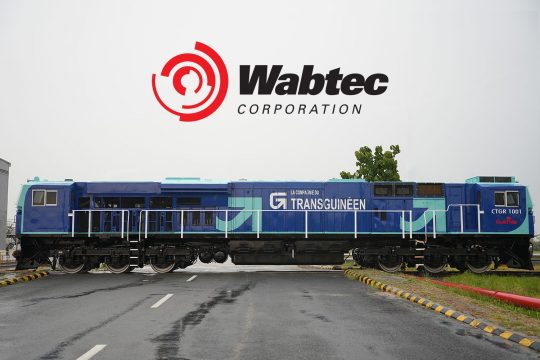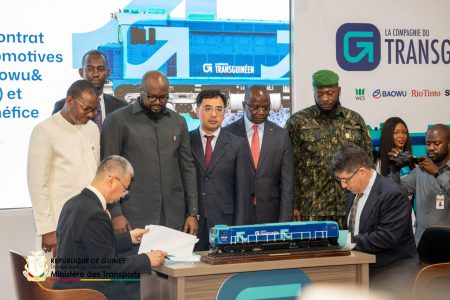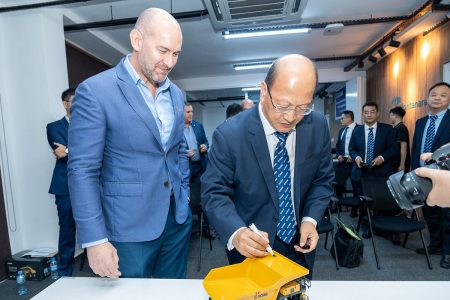This content is for Premium Subscribers only. To view this content, login below or subscribe as a Premium Subscriber.
Related News Articles
Baowu Resources Increases Its Stake in the Mining Component of the Simandou Project
05 February 2026
West Africa, Guinea
1 min
UK and Guinea Explore Partnerships for Conakry Tramway
23 January 2026
West Africa, Guinea
1 min
SimFer Announces Launch of Its First Ferry
23 January 2026
West Africa, Guinea
1 min
1 min
Key Rail and Port Agreement Ratified in Liberia
19 December 2025
West Africa, Liberia
3 min
Simandou Partners Celebrate Start of Operations
28 November 2025
West Africa, Guinea
1 min
First Four Locomotives for the Simandou Project Arrive in Guinea
06 October 2025
West Africa, Guinea
1 min
1 min
2 min
Simandou project wins Impact Deal of the Year at IFLR Africa Awards 2025
31 March 2025
West Africa, Guinea
2 min
Simandou 2040: The Minister of Transport Marks an Important Milestone
02 February 2025
West Africa, Guinea
1 min
Wabtec Wins $248 Million Locomotive Order from Winning Consortium Simandou
30 January 2025
West Africa, Guinea
1 min
Project Engineers Wanted for Simandou Mine Project
04 October 2024
West Africa, Guinea
3 min
Guinea And China Strengthen Bilateral Relations With Focus On Simandou Project
13 September 2024
West Africa, Guinea
2 min
HPX Announces Key Leadership Appointments in Guinea
12 August 2024
West Africa, Guinea
1 min
